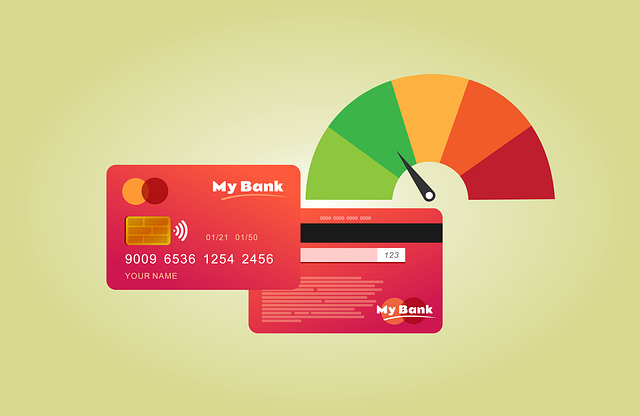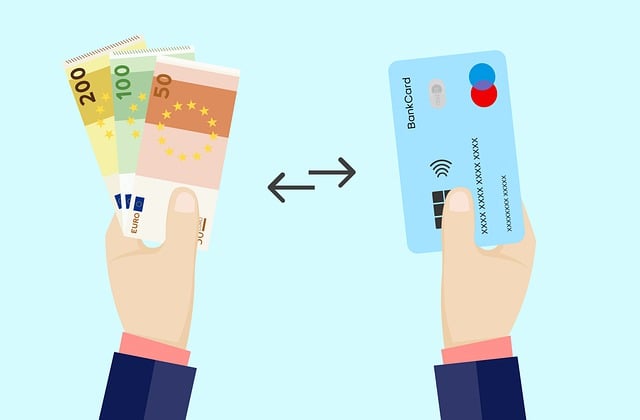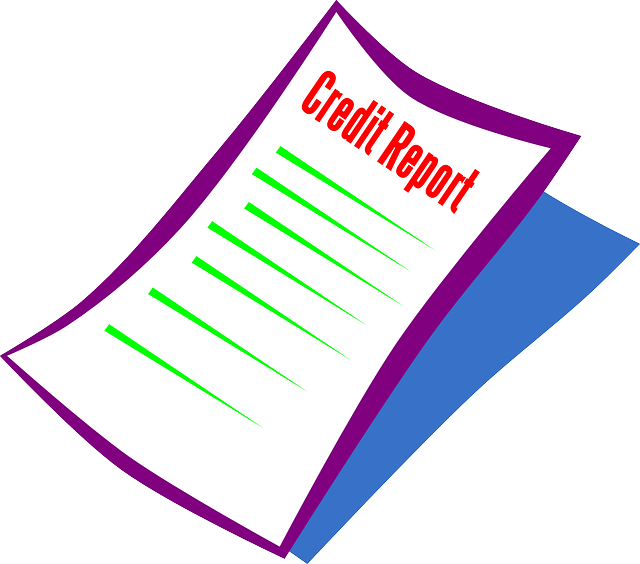In South Africa, a strong credit score is vital for financial success. To quickly boost your credit score, take these steps: review and correct errors on your free annual credit report, ensure timely bill payments, keep credit utilisation below 30%, diversify your credit mix with different account types, and avoid applying for new credit frequently. Regularly monitor your credit report, pay down high-interest debt, and maintain responsible credit card usage to see significant improvements in your credit score.
South Africa’s credit score landscape is a crucial aspect of financial health, impacting access to loans and interest rates. If you’re looking to improve your credit score quickly, this guide is for you! We’ll explore essential tips and strategies, from understanding the basics of credit scores to utilizing credit cards wisely and checking your report regularly. Discover top tools to monitor and enhance your South African credit score, ensuring a brighter financial future.
- Understanding Credit Scores: The Basics Every South African Should Know
- Common Mistakes That Lower Your Credit Score and How to Avoid Them
- Building a Solid Financial Foundation: Steps to Improve Your Credit Quickly
- Utilize Credit Cards Wisely: Strategies for Responsible Usage
- Check Your Credit Report Regularly: Spotting Errors and Inaccuracies
- Top Tools and Resources for Monitoring and Enhancing Your South African Credit Score
Understanding Credit Scores: The Basics Every South African Should Know

In South Africa, understanding and managing your credit score is crucial for financial success. A credit score acts as a snapshot of your financial health, indicating to lenders how responsibly you handle debt. The higher your score, the better your access to loans at competitive interest rates. It’s essential to know that credit scores are not static; they can fluctuate based on your financial behaviour. In terms of how to increase credit score quickly, one key step is regularly reviewing your credit report for errors or discrepancies. These could be inaccurate debt listings or forgotten payments, all of which negatively impact your score.
Another effective strategy is paying bills on time. Late payments can significantly damage your creditworthiness. Moreover, maintaining a low credit utilisation rate (the amount of available credit you’re using) can boost your score. This means keeping credit card balances below 30% of the limit. Lastly, diversifying your credit mix by having a mix of different types of accounts—like credit cards, personal loans, and mortgages—can also positively influence your credit score over time.
Common Mistakes That Lower Your Credit Score and How to Avoid Them

Many South Africans make avoidable mistakes that can significantly impact their credit score, hindering their ability to access loans or secure favourable interest rates. A low credit score can be a result of poor financial habits and a lack of understanding of how credit scoring works. One common error is missing payments, especially for credit cards. Even one missed payment can cause a substantial drop in your score. To avoid this, set up automatic payments or reminders to ensure timely repayment.
Another mistake is maintaining a high credit utilisation ratio, which refers to the amount of available credit you’re using compared to your overall limit. Aim to keep this ratio below 30%. For example, if you have a R10,000 credit card limit, try not to spend more than R3000 on it at any given time. Additionally, regularly applying for new credit can negatively affect your score due to hard inquiries. Only apply for new credit when necessary, and consider using alternative methods like simulation tools to check your potential eligibility before applying.
Building a Solid Financial Foundation: Steps to Improve Your Credit Quickly

Building a solid financial foundation is key to improving your credit score quickly. Start by understanding your current credit standing with a free credit report from reputable sources. This will give you a clear picture of areas that need attention, such as high debt levels or late payments. Create a budget to track income and expenses, ensuring essential bills are paid on time each month.
Prioritize paying down high-interest debt, such as credit cards, as this has a significant impact on your credit score. Consider consolidating debts or making extra payments beyond the minimum required. Additionally, maintain low credit utilization by keeping credit card balances below 30% of their limits. This demonstrates responsible borrowing to credit bureaus, leading to a faster improvement in your credit score.
Utilize Credit Cards Wisely: Strategies for Responsible Usage

Credit cards can be a powerful tool for building and improving your credit score, but only if used responsibly. One effective strategy is to keep your credit utilization low—ideally below 30%. This means using no more than 30% of your available credit limit on each card. For instance, if you have a R10,000 credit card limit, try not to spend more than R3,000 on it each month. Timely payments are also crucial; making late or missed payments can significantly damage your score.
Another wise approach is to diversify your credit mix by having different types of credit accounts, such as credit cards, personal loans, and mortgages. This demonstrates to lenders that you can manage various forms of debt responsibly. Additionally, regularly reviewing your credit report for errors or discrepancies is essential. Errors can negatively impact your score, so ensure all information is accurate. Consider using credit monitoring services to stay on top of any changes and take immediate action if needed.
Check Your Credit Report Regularly: Spotting Errors and Inaccuracies

Checking your credit report regularly is a crucial step in how to increase credit score quickly. It allows you to spot any errors or inaccuracies that could be impacting your score negatively. In South Africa, you’re entitled to one free credit check per year from each of the country’s major credit bureaus. Utilise this right and review your reports for any discrepancies, such as incorrect personal information, accounts not recognised by you, or payment history mistakes.
By doing so, you can dispute these issues with the appropriate credit bureau. This process involves contacting them, providing evidence to support your claim, and requesting a correction. Once validated, these corrections can significantly boost your credit score, making it an essential step in your journey towards financial health.
Top Tools and Resources for Monitoring and Enhancing Your South African Credit Score

Monitoring and enhancing your South African credit score is easier than you think with the right tools and resources. One of the best ways to quickly increase your credit score is by regularly checking your credit report for any errors or discrepancies. The Credit Act entitles every South African consumer to a free annual credit report from each of the country’s credit bureaus (Compuscore, Experian, and Transunion). Utilise these reports to cross-verify information and ensure accuracy.
Once you’ve confirmed the details on your report, start using credit responsibly. Pay all your bills on time as late payments can significantly damage your score. Additionally, consider maintaining a low credit utilisation ratio by keeping your credit card balances below 30% of your available limits. There are also various budgeting apps and financial management tools that can help you track spending, set savings goals, and stay accountable in managing your debt – all vital steps in how to increase your credit score quickly.
South Africans can take control of their financial future by implementing these expert tips. Understanding your credit score, avoiding common pitfalls, building a robust financial foundation, and using credit cards responsibly are key strategies to quickly enhance your credit profile. Regularly reviewing your credit report ensures accuracy, allowing you to identify and rectify any errors promptly. With the right tools and resources, monitoring and improving your South African credit score becomes an achievable goal, paving the way for better access to loans and financial opportunities.

